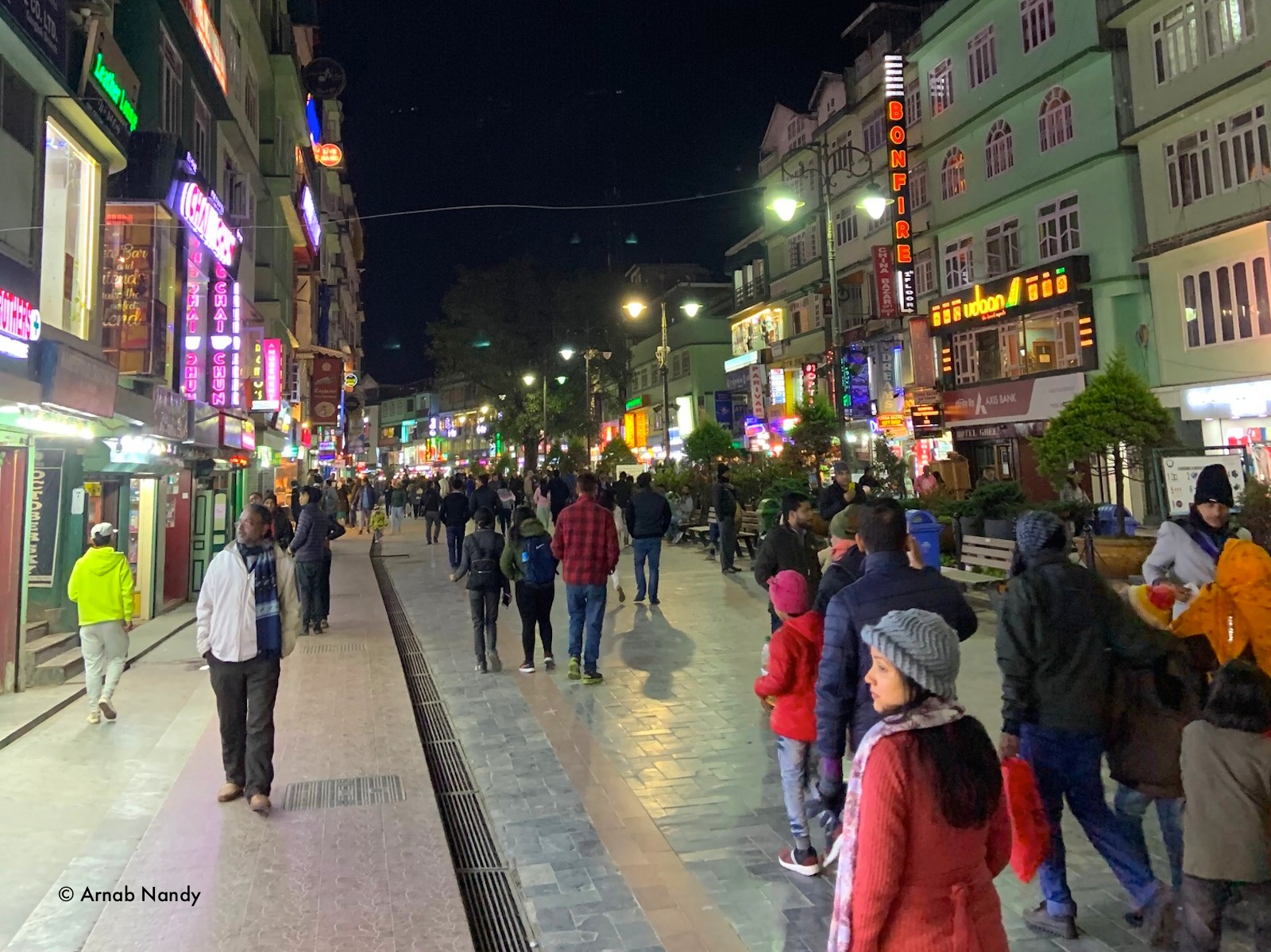This post is part of a series by Jayeeta Ghorai on vegetarian travel
 Many vegetarians are wary of travel.
Many vegetarians are wary of travel.
In the comfort of their home and city, they know exactly how to go about getting their nutrition without compromising on their ethical and dietary restrictions. Getting out of the comfort zone adds this extra dimension to their unease, a moral dilemma.
They don’t want to end up starving – fasting can be wonderful for body and soul but not at the point of coercion – nor break a lifetime’s commitment by mistake.
It is time to undo the myth that strict vegetarians can’t travel worldwide. People from across the world are turning vegetarian (and vegan) for healthy, sustainable living and if you are one of them, you need not feel alienated anywhere.
Let us bust a few myths to help the uncertain vegetarian traveller stride out with confidence.
Myth 1: It’s costly
If you’re a vegetarian Indian, you do not necessarily have to book one of those ‘Jain meal’ or ‘Hindu vegetarian meal’ exclusive package deals. Going vegetarian is the cheapest option and perfectly suited to budget travel. Every country in the world has vegetarian restaurants, street food and snacks, if you know what to look for and where. You can also stock up on soups, breads, biscuits, sweetmeats, fresh salads and fruits from local markets and convenience stores without spending much.
Myth 2: You cannot customise non-veg dishes
Many dishes have meat, fish or egg added for extra flavour and garnish. These ingredients can easily be left out or substituted to make it into a vegetarian version. Fillers, toppings, garnishes, sides, name anything and there will be a vegetarian option. Several western desserts do not use eggs. The food vendor will happily leave out whatever you ask to be excluded. Or if you have the facilities to cook where you stay, you can try making your own innovations.

Myth 3: You’ll not be able to explain
You don’t have to learn an entire new language to make a safe dietary choice. All you need are the words in the native language for ‘vegetarian’, ‘no’, ‘yes’, ‘meat’, ‘fish’, ‘egg’ and anything else you specifically want to avoid. A friend who speaks the language or one of the free language apps can help with this. Write them in a small notebook or in separate, small cards that can fit in your wallet or waist pouch. You can even print out some images. Practise saying these aloud and you need not be fluent. Pointing out is perfectly acceptable and some vigorous sign language always works.
Myth 4: People will not understand/respect
Plenty of people will. There is a healthy respect for people’s dietary and personal choices abroad. Whether you are off one food item or several, no one would mind you asking questions and scrutinising the ingredients on a packet. Most convenience store assistants, when not too busy, can read content lists and advise. Recruit the help of a local contact who can make sure if a dish contains a handful of shrimp thrown in, which dishes are completely suitable for your taste or at which market stall you are sure to find a veggie meal.
Myth 5: You’re going to be embarrassed to stick out
“You are not alone.” Michael Jackson (who was a vegetarian) has crooned. Jews with their kosher requirements, Muslims with halal, non-flesh eaters by choice, there are many people from all over who are selective about their diet. Food allergies also contribute to some being cautious. Yet, this doesn’t stop them from venturing abroad. A Jewish lady I know had travelled the length and breadth of China with a bunch of printed ‘I am vegetarian’ cards. Another friend, not vegetarian at home but picky about how she likes her food, taken to folding her hands, bowing her head and claiming to be Buddhist!
So the next time you feel travel itchy, just pack a bag and go! You won’t sin or starve.




You must log in to post a comment.